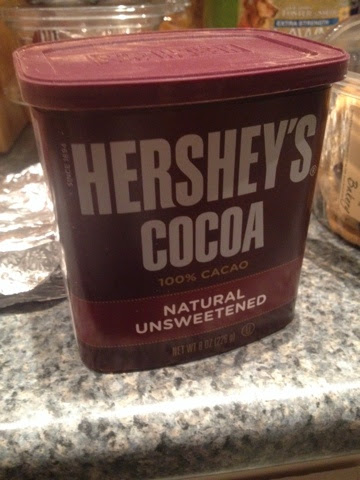Smell: A higher sense in my book

While reading Diane Ackerman's Natural History of the Senses, I was stormed up inside my boyfriend's apartment. It was a snow day after all, so I decided that I had to make a cup of hot chocolate the "old fashioned" way: by heating up milk on the stove and pouring it over a mix of 100% pure cocoa powder, sugar, and a touch of vanilla extract. While adding my ingredients together my boyfriend's roommate said from another room "that smells like the real stuff". Pre Ackerman I probably wouldn't have payed much attention to the comment, however reading about "the mute sense" has made me much more in tune with it. I was suddenly amazed by our abilities to smell and was puzzled by why we all (myself included) take this sense for granted. If you were to ask me three days ago if I thought that people could use smell alone to tell the difference between different types of cocoa mix (Swiss Miss, Hersey's, Nestle, or packet vs. hom...
